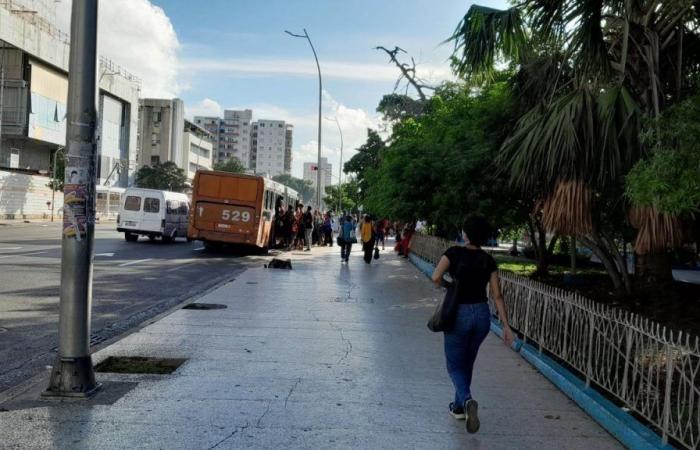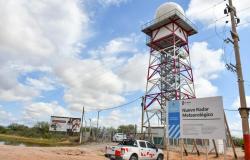
The head of the Ministry of Transport (MITRANS) of Cuba, Eduardo Rodríguez Dávila, assured that negotiations with Russia in recent years have had a “direct” impact on passenger transportation. and loads within the Island, contradicting not only the reality that ordinary Cubans live when they try to move from one place to another, but also the discouraging official figures who has offered his ministry in recent months.
Rodríguez Dávila stated that, through visits by representatives of the Cuban Government to the Eurasian nation and their Russian counterparts to the Island, in recent years “negotiations and projects have been achieved that have directly impacted passenger and cargo transportation in our country.”
The statement, cited by the official newspaper Granma, would be part of the minister’s response to a comment left on his Facebook page, the content of which was not included by the state media. DIARIO DE CUBA could not find that comment either, which would be related to a recent visit to Russia by a Cuban MITRANS delegation to “exchange with the banks to find feasible formulas for the environment of this sector on the Island, as well as to reconfigure some projects and promote others,” explained the official organ of the Communist Party of Cuba.
Visits like that would have translated into the impact highlighted by Rodríguez Dávila, who maintained that “among the most notable things obtained as a result of these negotiations are the acquisition of 400 Gazelles minibuses, more than 300 LADA cars for the taxi service, near of 2,000 trucks and trailers from the manufacturer Kamaz and 100 small GAZ trucks for the country’s main transportation.
“Likewise, 250 PAZ buses assembled on the Island and distributed to all provinces, 60 GAZ ambulances, 58 medium-sized locomotives, more than 400 railway cars and the restoration of Cubana de Aviación planes were incorporated into the country’s transportation system. just to mention one part of the collaboration,” he added.
Nevertheless, Cubans do not see these supposed results in their daily lives when they try to move from one place to another. Waits at bus stops last up to three or four hours, leaving private transporters as the only option, whose prices are unaffordable for a good part of the population. But at the same time, they have to pay very high prices for the repairs their vehicles require and for the gasoline that the State sells them.
“If you opt for state transportation, you will never get anywhere, you can be at a stop for two to three hours. And when night falls it is more likely that a magic carpet will appear than a bus,” said Boris Estrada, an employee of a state company in Marianao, with a monthly salary of 4,600 pesos, in a report published by DIARIO DE CUBA in May.
A month earlier, Rodríguez Dávila himself stated, when appearing on the regime’s propaganda program “From the Presidency”, hosted by Miguel Díaz-Canel, that Public transportation in Cuba today moves only 2.7 million travelers daily, compared to 5.9 million five years agoin what constitutes one of the worst crises in the sector.
The official acknowledged that the Government does not have the income and fuel necessary to solve the problem. This, while Cuban authorities import new police vehicles to support the repression of the people and entrepreneurs from the non-state sector purchase luxury cars in the United States.
As usual, Díaz-Canel seized on the US embargo as a justification for the transportation crisis in Cuba. However, while the ruler resorted to the usual scapegoat in his propaganda program, official figures released by the state National Office of Statistics and Information (ONEI) revealed that The number of passengers on public buses in Cuba fell in 2023 17.6% compared to the previous year, while the number of passengers on state transportation intended for tourists rose by 62.1%.
The cause of the vicissitudes that ordinary Cubans face when moving, despite the “impact” of the negotiations with Russia on transportation, would be, according to the head of MITRANS, that “a part of these investments are today out of service due to lack of spare parts and components, while new investments have not been achieved, since the financial situation of the country has prevented us materialize purchases”.
However, the new negotiations “will help reduce the impacts of this complexity, aggravated the difficulties of transportation between Russia and Cuba due to the sanctions that both countries face,” said Minister Rodríguez Dávila, as quoted Granma.





